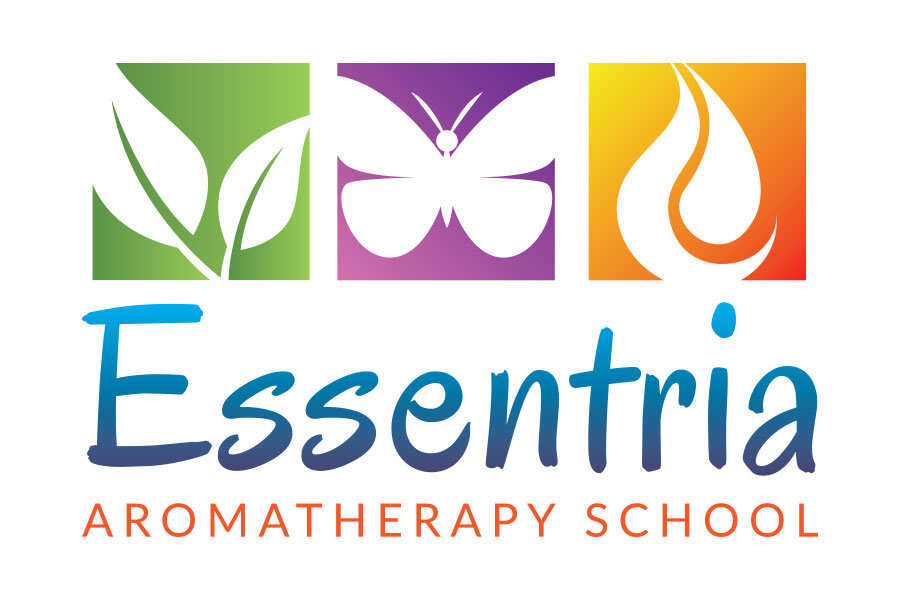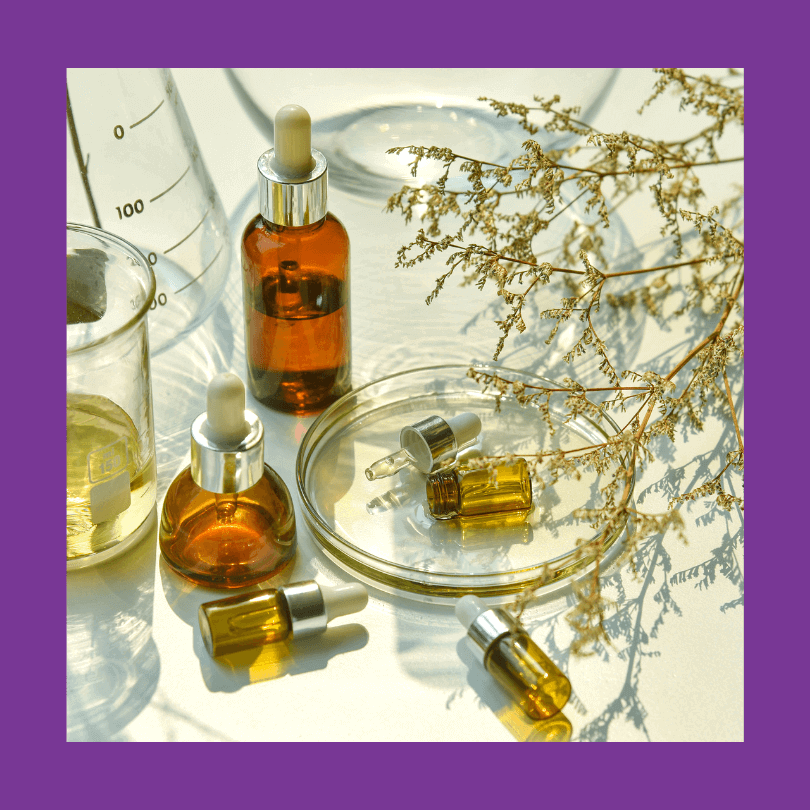The Great Differences Between Subtle Aromatherapy And Clinical Aromatherapy
Aromatherapy is an ancient practice that has been used for centuries to promote emotional wellbeing, improve health, and create a sense of relaxation. But did you know there are two distinct types of aromatherapy? In this blog post, we’ll explore the differences between subtle aromatherapy and clinical aromatherapy.
What Is Subtle Aromatherapy?
Subtle aromatherapy is popular among holistic health professionals and essential oil users alike. It involves using essential oils to enhance your physical, mental, emotional, and spiritual wellbeing. Subtle aromatherapy focuses on using essential oils to support the body’s mental and spiritual sections of the mind-body-soul. It focuses on the natural healing process by helping to balance the energy centers of the body. This type of aromatherapy can be used in many different ways such as through inhalation or topical application.
What Is Clinical Aromatherapy?
Clinical aromatherapy is a more chemistry-based form of aromatherapy, and often lengthier certification courses. This type of aromatherapy uses essential oils to help treat specific physical conditions such as skin problems, headaches, digestive issues, anxiety, depression, etc. It may also involve blending essential oils with other natural remedies like herbs in order to create personalized treatments for individual clients. Clinical aromatherapists often work closely with their clients to ensure they receive the most effective treatment possible.
As humans, we have a mind-body-soul connection. There isn’t a way to split these sections off from one another. The body part of this trio is often the focus, but we need to focus on the mind and soul part too to have a healthy well-balanced life. If we look at chronic pain as an example, you can address the physical pain - the body, but also supporting the mind by relaxing, bringing the autonomic nervous system back into balance, which can help decrease pain, and the soul by releasing anything that is no longer serving us, rebalancing the energy around the pain. All 3 are important.
Aromatherapy can be a powerful tool for improving your overall health and wellbeing. Whether you choose subtle or clinical aromatherapy will depend on your particular needs and goals. If you’re looking for an easy way to relax and reduce stress levels then subtle aromatherapy might be right for you; however, if you are looking for something more targeted and specialized then it might be best to look into clinical aromatherapy with a qualified practitioner who can develop a personalized treatment plan based on your individual needs. Either way you choose, both practices have much to offer in terms of improved physical health as well as emotional wellbeing!
LEARN MORE WITH ESSENTRIA
Want to learn more about how to use essential oils in your home? Check out our free no strings attached online course here.
Plus consider joining us in our Facebook group Love Essential Oils with Essentria where we post tips and tricks on how to use aromatherapy safely in your daily life.
Grab some FREE tools to help you on your essential oils journey.
Follow us for FREE educational and fun posts daily and don’t forget to subscribe to our newsletter for access to discounts and promos!
Want to learn more about how to become an aromatherapist, check out our certification courses and bundles offered online here.



